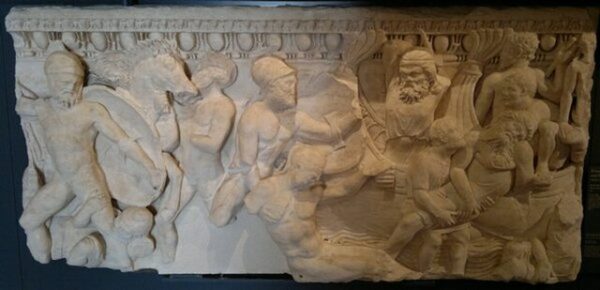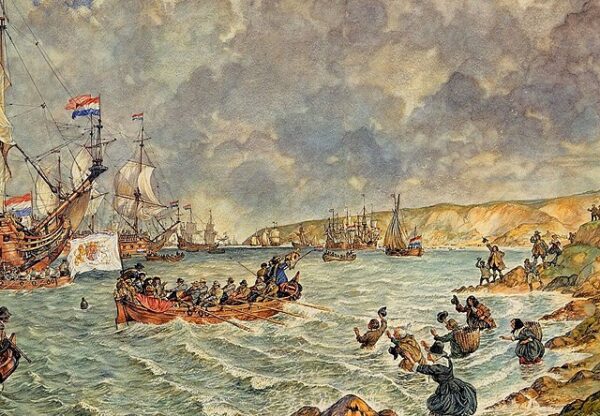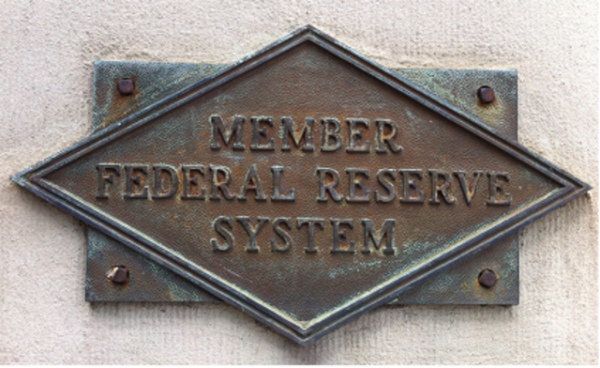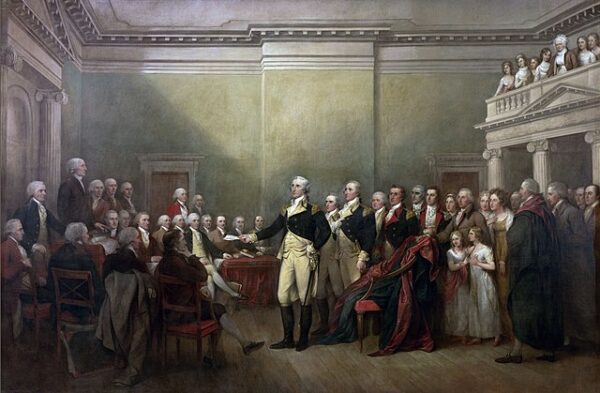The Battle of Marathon, fought on September 12, 490 BC, is one of the most significant military engagements in ancient history. This clash between the Athenian forces, supported by the small city-state of Plataea, and the invading Persian army marked a turning point in the Greco-Persian Wars. The battle is remembered not only for its military significance but also for the enduring legacy it left on Western civilization.
The Persian Empire, under King Darius I, sought to expand its influence and punish Athens for supporting the Ionian Revolt, a rebellion of Greek cities in Asia Minor against Persian rule. Darius’s forces landed at Marathon, a plain located about 26 miles northeast of Athens, with the intent of subjugating the Greek city-states.
The Athenians, under the command of General Miltiades, were vastly outnumbered, facing a Persian force estimated at around 25,000 men, including infantry, cavalry, and archers. In contrast, the Athenian army numbered only about 10,000 hoplites—heavily armed foot soldiers equipped with spears, shields, and armor. Despite the disparity in numbers, the Athenians were determined to defend their homeland.
Miltiades devised a bold strategy to counter the Persians. Instead of waiting for the Persians to advance, he decided to take the initiative. The Athenians marched from the city to confront the Persians at Marathon, catching them off guard. Miltiades arranged his forces in a unique formation, with the center of the line deliberately weakened and the wings strengthened. The plan was to lure the Persian forces into attacking the center, where the Athenians could then encircle them with their stronger flanks.
As the battle commenced, the Persian archers rained arrows upon the advancing Greeks, but the heavily armored hoplites pressed forward. The Athenians’ disciplined and cohesive phalanx formation, a hallmark of Greek warfare, allowed them to withstand the initial onslaught. As expected, the Persians attacked the weaker center of the Athenian line, only to find themselves enveloped by the Athenian wings.
The Athenian flanking maneuver proved devastating. The Persian forces were surrounded and began to retreat in disarray. Many Persians were cut down as they fled towards their ships. According to the historian Herodotus, the Athenians killed approximately 6,400 Persian soldiers while suffering only 192 casualties of their own. This decisive victory shattered the myth of Persian invincibility and demonstrated the effectiveness of the Greek hoplite phalanx.
The significance of the Battle of Marathon extends beyond the immediate military outcome. It was a pivotal moment in the defense of Greek civilization against Persian expansion. Had the Persians succeeded at Marathon, the course of Western history might have been drastically altered. The victory boosted Athenian morale and paved the way for the rise of Athens as a major power in the Greek world.
The battle also gave rise to the legend of the marathon race. According to popular tradition, a messenger named Pheidippides was sent from the battlefield to Athens to announce the victory. He is said to have run the entire distance of approximately 26 miles, only to collapse and die after delivering the news. This tale, though likely apocryphal, inspired the modern marathon race, which was introduced during the first modern Olympic Games in 1896.






